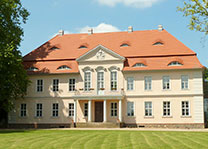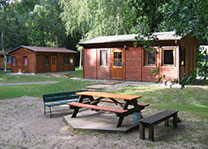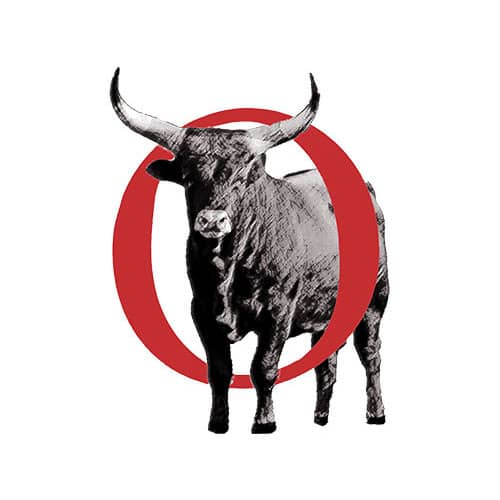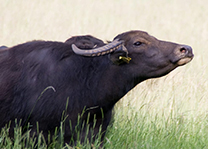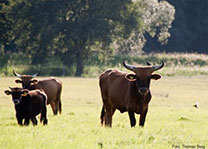Serious defeat for the district of Barnim and the large agrarians (04.01.2011)
Shortly before Christmas, the Barnim district filed a double legal dispute against the Association of Friends of the German-Polish European National Park Unteres Odertal e. V. (National Park Association) lost. With the help of the Land Movement Act (GrdstVG) and the Reich Settlement Act (RSiedlG), the local Agriculture Office wanted to exercise a right of first refusal in favor of the Lüdersdorf agricultural coöperative. As an agricultural enterprise, the National Park Association initially leased agricultural land and then bought what the district wanted to prevent.
In the course of the proceedings, the justification of the Barnim district changed. At first he had claimed that the association did not pursue a proper, efficient and profit-oriented agriculture, but a hobby and a hobby. Then the district changed the strategy and claimed that a non-profit association, even as an efficient and profit-oriented farmer, was not a farmer in the sense of the law, so the district could exercise a right of first refusal. The authorities were now unsuccessful with both lines of argument.
The loser in the process is not only the district, but also the agricultural coöperative Lüdersdorf, which has so far rejected any form of collegial coöperation with its neighboring farms, relying on official and political backing, and continues to self-rule everything, as it did in the days of socialism that fell twenty years ago would like to. Through its own fault, the agricultural coöperative is losing a considerable amount of land and will now be unable to avoid finding its way back to normal forms of coöperation among farmers.
The court ruling is also a heavy blow for the Landgesellschaft Sachsen-Anhalt and the Landesbauernverband, both lobbyists of the large agrarians, who wanted to prevent the private national park association from establishing itself as a new agricultural setter, acquiring land and applying for funding. This unpleasant competition should be eliminated from the start, an attempt that has thoroughly failed.
The court decision should give the State Office for Rural Development, Agriculture and Land Management (LELF) pause for thought, and thus the directly superordinate Ministry of Agriculture and its department head, Hans Rüdiger Schubert. The state office and indirectly also the ministry have tried unsuccessfully to prevent the association from setting up new farms. Instead, the court held that a reconciliation between agriculture and nature conservation, as practiced by the association, is a goal of German agricultural policy that deserves protection.
The decision of the district court is living proof of a functioning constitutional state, on which the concentrated power of the agricultural lobby in Brandenburg ultimately failed. Now all those involved are well advised to accept the judgment and find their way back to a sensible, equal togetherness. Wherever it finds coöperative partners, the association will continue to lease its land primarily to local farmers, albeit under nature conservation requirements. His own organic farm will remain a sideline.
Dr. Ansgar Vössing
Deputy CEO




